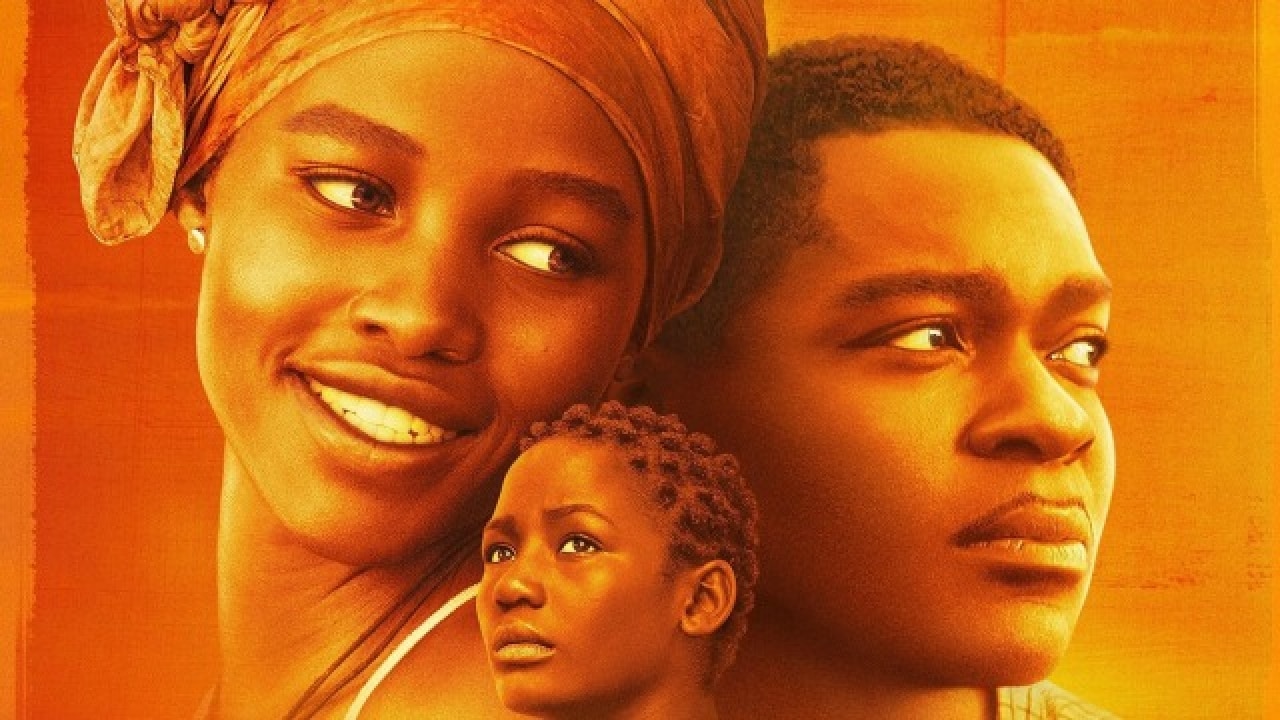
Disney’s latest offering Queen of Katwe, directed by Mira Nair, is a riot of colours and emotions, a display of women’s strength and ability to overcome challenges and an inspiring saga of a mother’s love. This movie moves beyond the realm of storytelling with a central protagonist as the sole focus that glorifies the hero in them, but rather makes us empathise with each character— their personal battles and victories, their choices and emotions.
Based on the true story of Phiona Mutesi, a pre-teen living in Kampala’s slum Katwe, who became one of the first chess masters of her country (Uganda), it has been adapted from a book on her life by Tim Crothers. Phiona’s journey takes us from the daily struggles of a female child viz. fetching water, selling food produce, taking care of younger siblings (responsibilities her brother shirks off lightly) to dedicating herself to chess with her heart and soul. Under coach Robert Katende’s guidance, Phiona soon becomes a top player, winning competitions and tournaments while dealing with stress and identity issues as she is exposed to life outside Katwe.
The movie is not just about her rise in the world of international chess, it is about the dynamics that govern human behaviour, it is about family and acceptance and about powerful women. The power dynamic shifts back and forth between the mother and daughter, while the audience finds it difficult to take sides. The mother (Harriet) is unapologetically sassy, possessive and an epitome of grace in dire times. On the other hand, her sister Night ends up in the clutches of prostitution and abuse, and yet personifies a teenager handling life as best as she can, boomeranging between her family and the harsh realities of her world.
The story meanders between Phiona’s tryst with chess, Harriet’s daily struggles as a single mother and Night’s choices that lead her down a dangerous path. But nowhere in the movie do you pity the characters for all that its women are subjected to— be it sexual exploitation, lack of access to healthcare, exploitation by property owners and vendors. In fact, the audience finds themselves investing in the struggles and triumphs. Even if you don’t agree with some of the choices they make, you rejoice in the fact that they stand up for themselves.
The similarities between the situation of women in Uganda and India are quite evident. As Indians, Queen of Katwe makes us ask all the right questions. When Phiona wins a trophy titled “best in boys”, it makes us question why we have these labels at all. Best is best, boy or girl, why do we even need to segregate talent? When Phiona turns to her coach and asks, “Did he let me win?”, we are not surprised. We smile and wonder if we have asked ourselves a similar question at some time. It breaks our hearts to hear her appeal for safety because she knows “soon men will start coming after me”. Our minds rebel against this sad state of affairs that is a fact of life for many women in India too and we root for her to escape the fate of her sister Night.
In the end, the movie leaves us with a feeling of accomplishment because. In Phiona’s victory, we see our own personal success, the evolution of our own opinions and mindsets and a hope to see a better world born in every far-flung home of this planet.
The author is Programme Co-ordinator, Laadli- a Population First initiative.